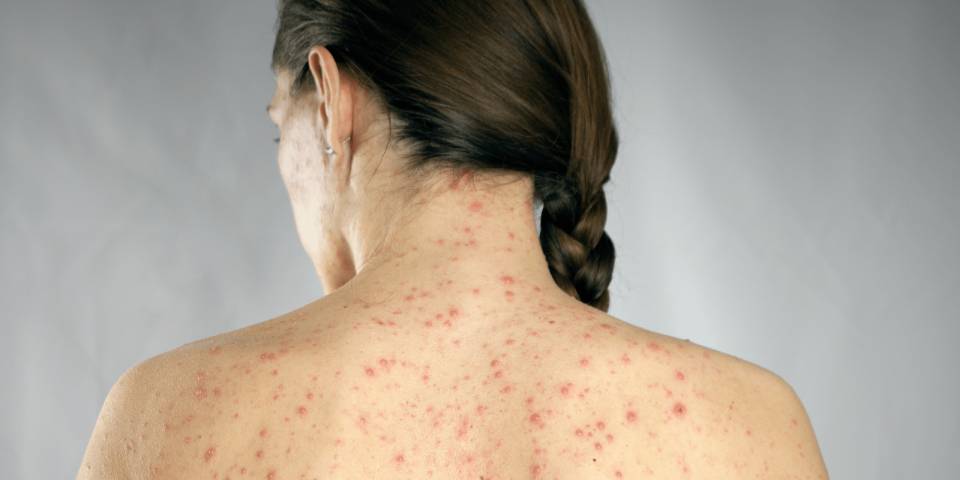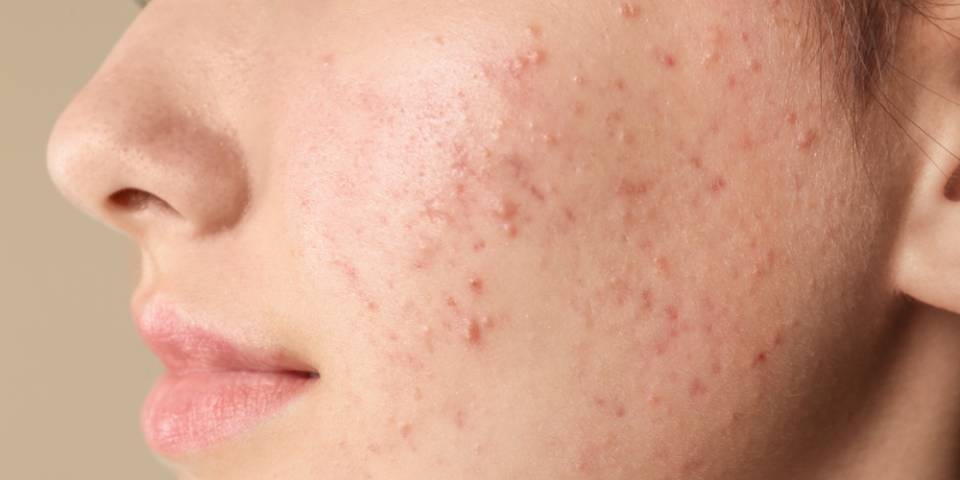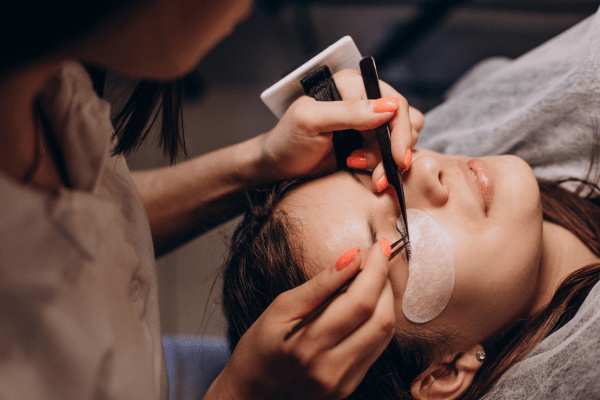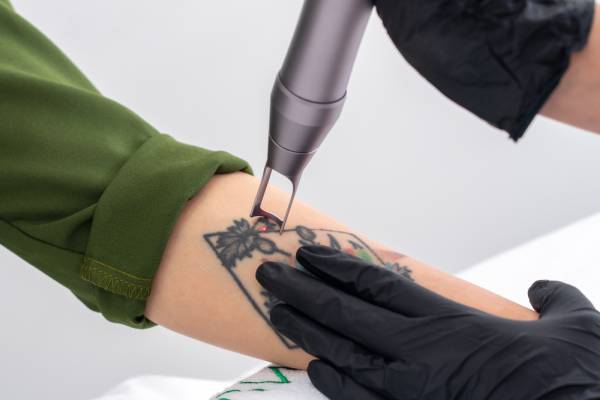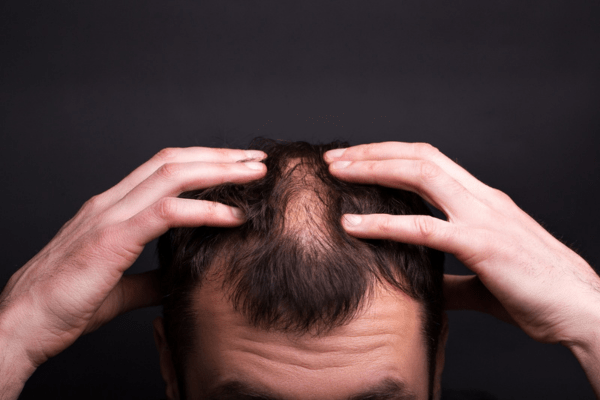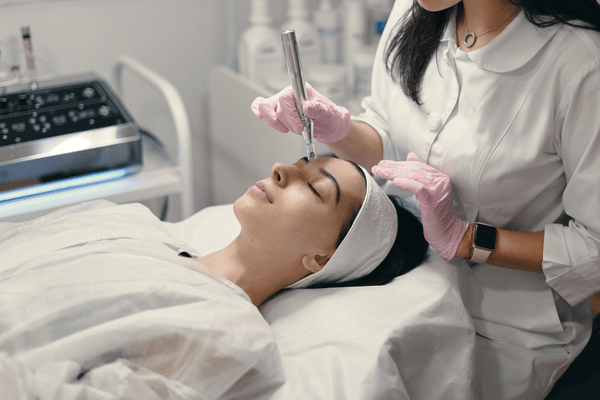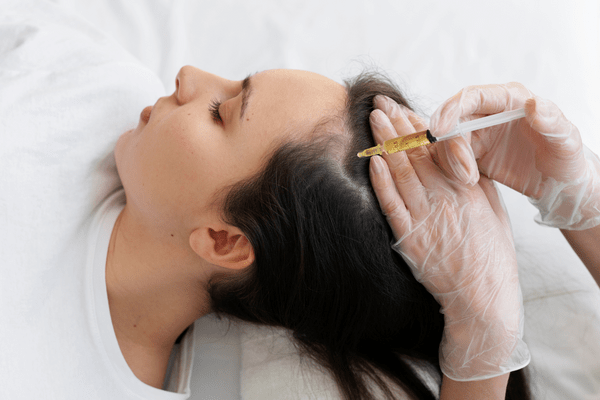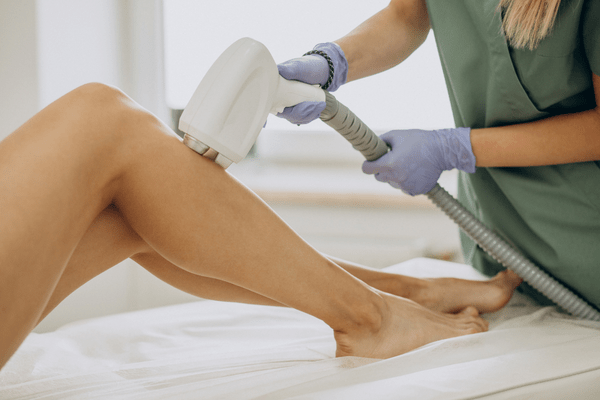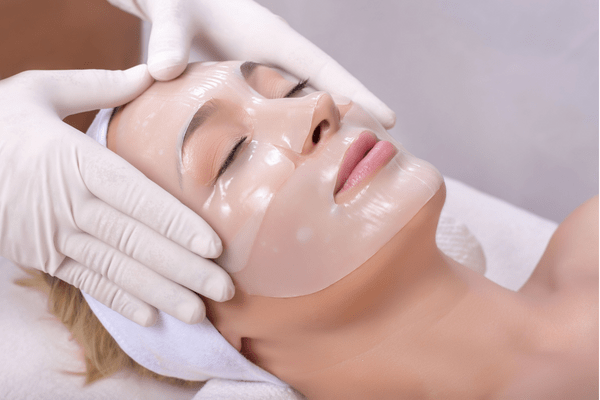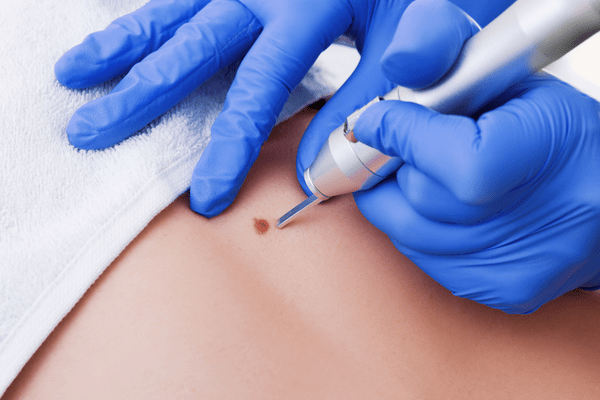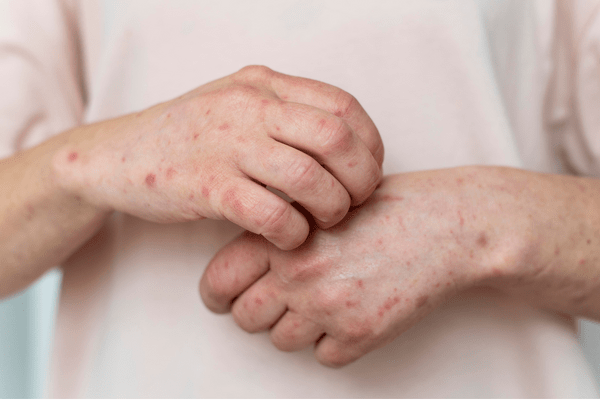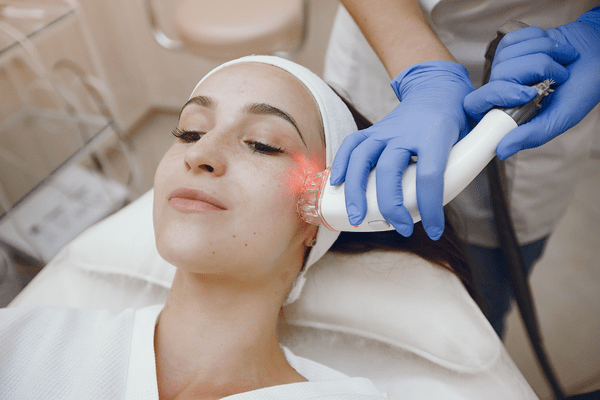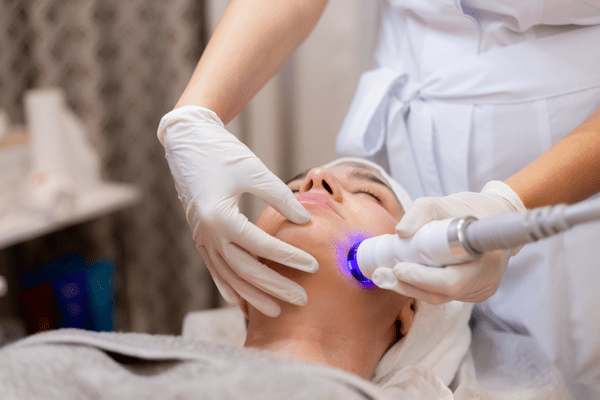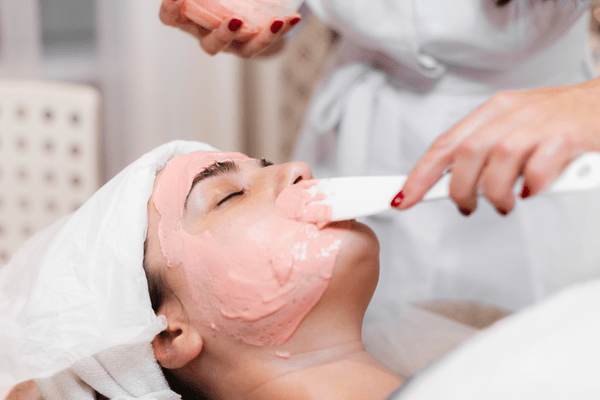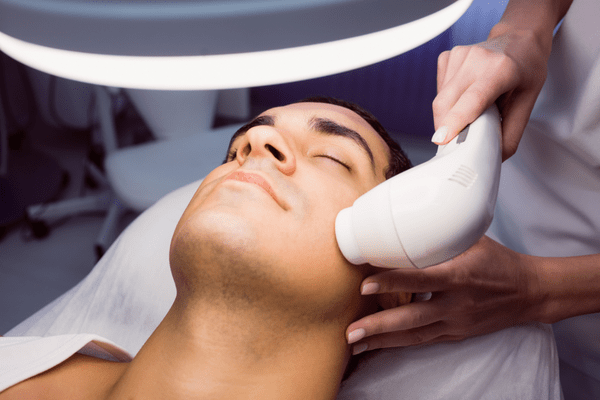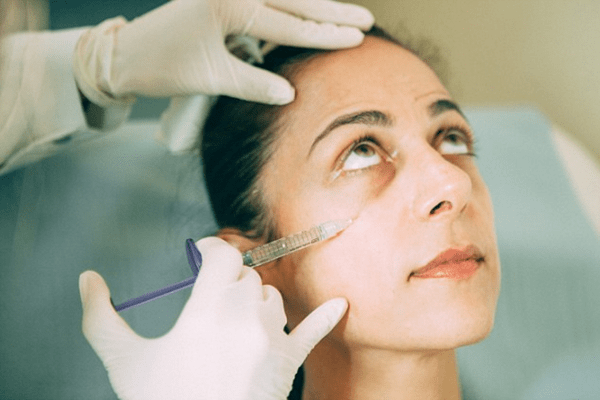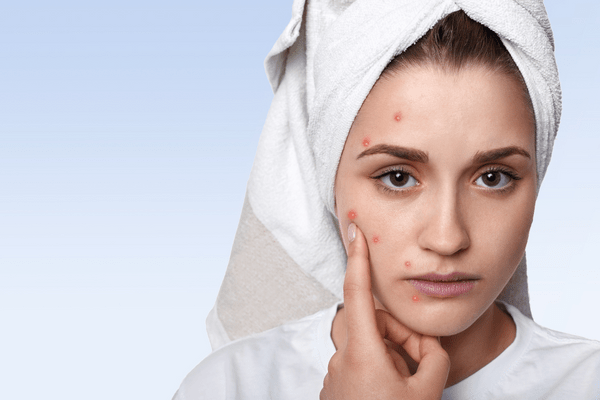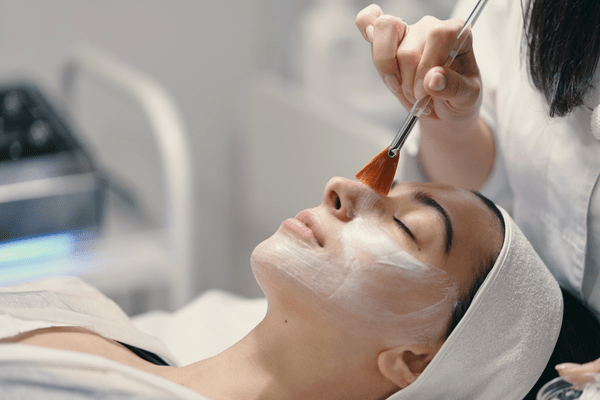A homeopathy is a natural form of medicine that has been used for centuries to treat a wide range of health conditions, including skin problems like eczema and acne. Unlike conventional medicine, which often focuses on treating the symptoms of a condition, homeopathy aims to treat the root cause of the problem. In this blog post, we’ll discuss some of the most effective homeopathic remedies for eczema and acne, and how they can help to improve your skin health.
Homeopathic Remedies for Eczema:
Eczema is a common skin condition that causes red, itchy, and inflamed patches of skin. It can be caused by a variety of factors, including genetics, stress, and allergies. Here are some of the most effective homeopathic remedies for eczema:
- Graphites – This remedy is often used for eczema that is oozing and weeping, and is accompanied by thick, sticky discharges.
- Sulphur – Sulphur is a powerful remedy that is often used for chronic eczema that is dry and scaly, and worsens with heat.
- Mezereum – This remedy is often used for eczema that is accompanied by intense itching and burning sensations.
- Rhus tox – This remedy is often used for eczema that is worse in cold weather and is accompanied by intense itching and burning sensations.
Homeopathic Remedies for Acne:
Acne is a common skin condition that is characterized by pimples, blackheads, and whiteheads. It can be caused by a variety of factors, including hormonal changes, stress, and poor diet. Here are some of the most effective homeopathic remedies for acne:
- Silicea – This remedy is often used for acne that is accompanied by whiteheads and blackheads, and is worsened by cold weather.
- Hepar sulph – This remedy is often used for acne that is sensitive to touch, and is accompanied by painful pimples and abscesses.
- Kali brom – This remedy is often used for acne that is accompanied by deep-seated, painful pimples that leave scars.
- Natrum mur – This remedy is often used for acne that is accompanied by oily skin and whiteheads.
Summary:
Homeopathy offers a range of effective remedies for common skin conditions like eczema and acne. By addressing the root cause of the problem, homeopathic remedies can help to improve your skin health and reduce your symptoms. At Cosmocare Solution, we offer a range of homeopathic remedies and natural skincare products that are specifically formulated for eczema and acne. Contact us today to learn more!

